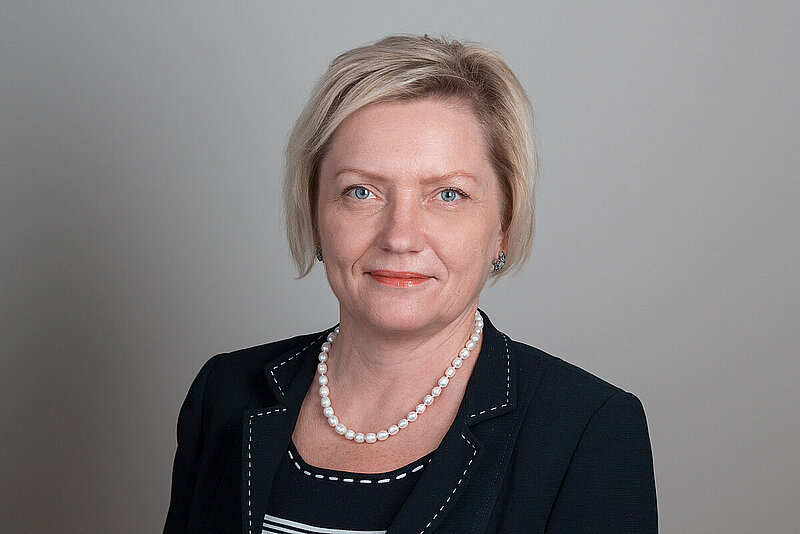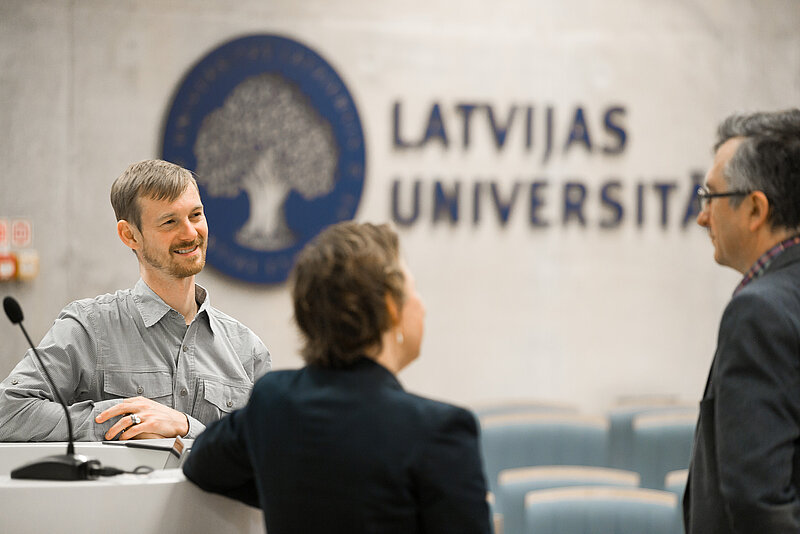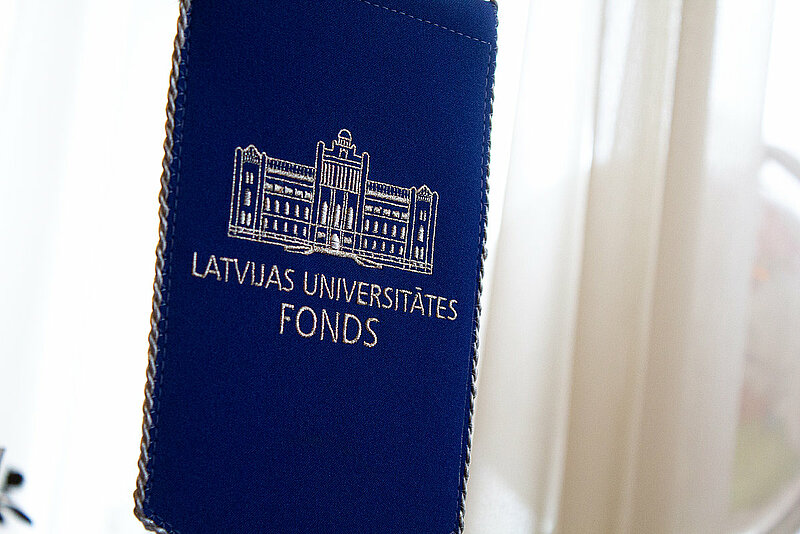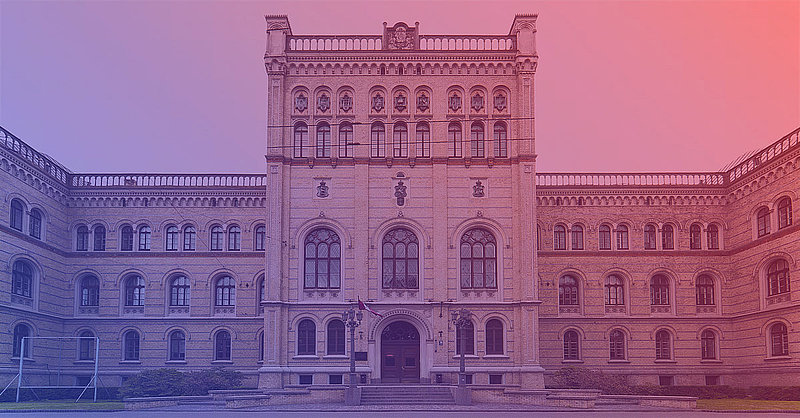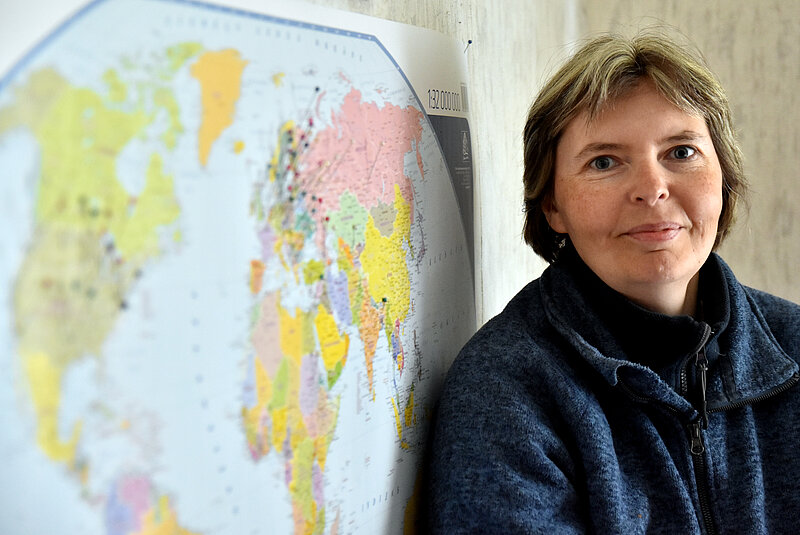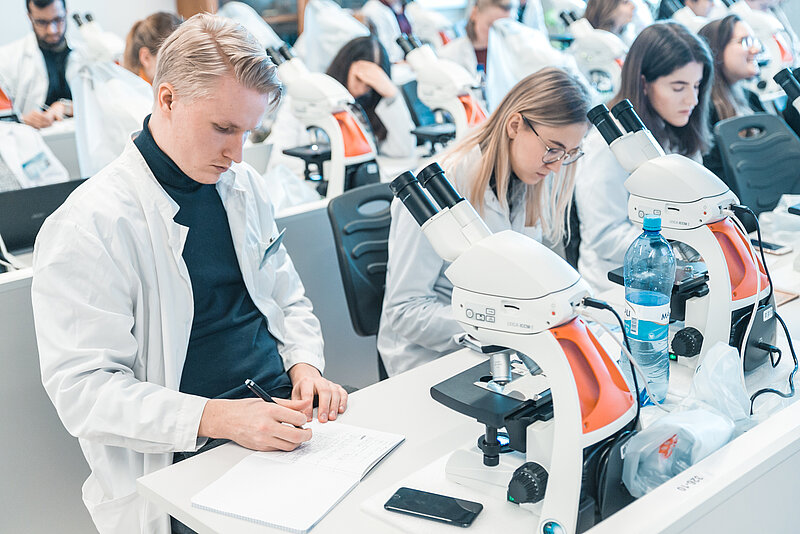Ziņa
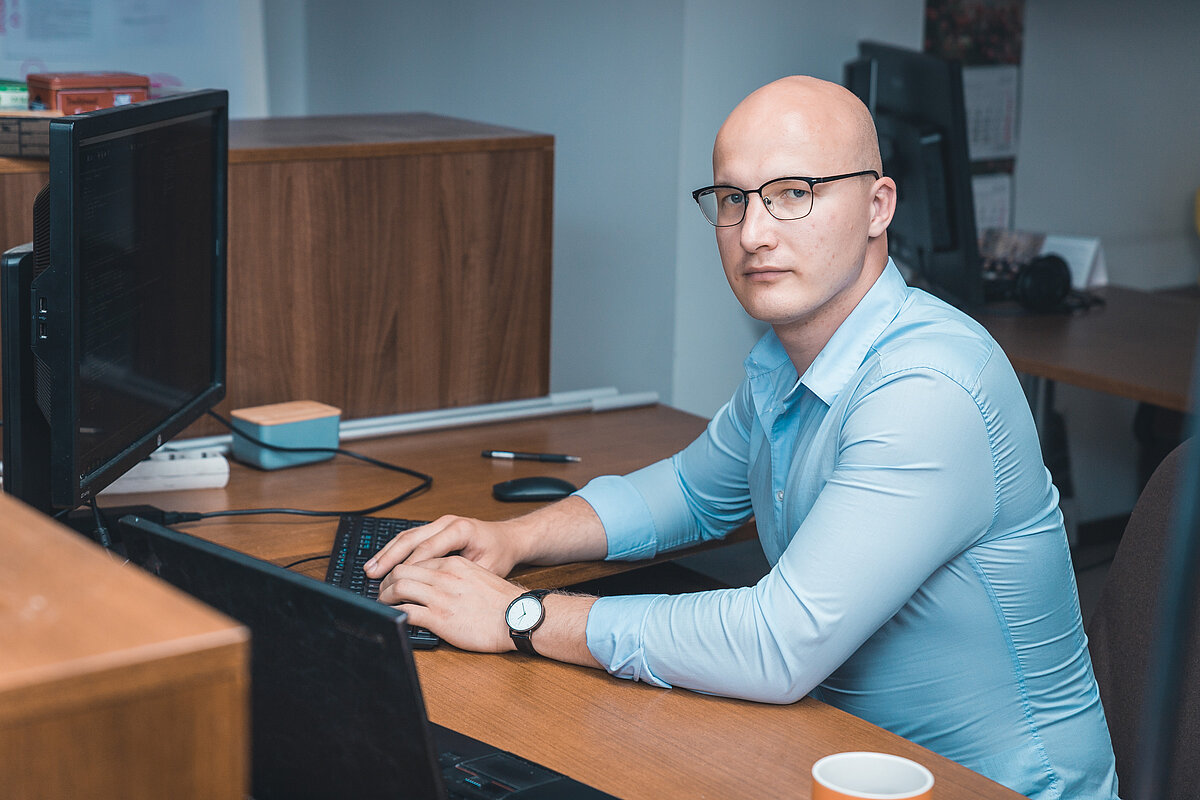
Quantum computing is like the initial stage of electrical discovery. It has great potential for application, but how could we realise their potential? Andris Locāns, a doctoral student at the Faculty of Computing of the University of Latvia (LU) and a scholarship recipient of the Foundation "Mikrotīkls" of the University of Latvia, is one of the researchers who looks at how quantum computing could be superior to the previous methods of data processing, working with the data of the Great hadron acceleration (LHC).
Andris Locāns also works at the University of Latvia Centre for Quantum Computer Science under the leadership of Prof. Andris Ambaiņš, therefore all the research carried out is related to quantum computing. The study, "Quantum Machine Learning Algorithms to Solve Topical Problems," looks at how quantum computing could help with the processing of data from CERN, the European Organization for Nuclear Research's Large Hadron Accelerator (LHC).
"Looking at it globally, quantum computing can be compared to the initial stage of electricity discovery - great potential for application has been discovered, and now we as humanity are looking for a place to realize this potential," says a doctoral student at the UL DF about the need to study quantum computing.
Speaking specifically about this study, Andris admits that the LHC has a huge amount of data, at which quantum computing is a grateful soil to show its superiority compared to previous methods.
So far, the study has carried out a theoretical analysis of algorithms, and in the future it is planned to practically develop a quantum algorithm.
What are your goals and potentially achievable results?
The main purpose of the study is to demonstrate the superiority of quantum computing when working with LHC data.
The desired result is an algorithm that is run using a quantum computer and which works faster than the current algorithm.
What challenges you in the course of the study?
I try to self-discipline and structure my daily routines. This is very important in doctoral studies, especially in conditions of social isolation.
Why are you interested in quantum physics?
I come from Gulbene, a country house. From an early age, I have enjoyed solving ingenuity tasks and exercising. Since my parents supported my interests, my path has also gone through both physics and computer studies, which help greatly when working with quantum computers. It should be noted that the love for sports is not lost either - I run, play basketball and tennis in my spare time.
Why did you choose to apply for the "Mikrotīkls" scholarship?
I feel grateful to the UL Foundation for the "Mikrotīkls" scholarship for doctoral students.
Clearly, everyone applying for the scholarship wants to receive it. The question is, what does this scholarship mean? For me, it means, first of all, peace, a feeling that, among the many tasks and stress of everyday life, I can feel confident about my livelihood. Secondly, I see the scholarship as a sign that I am working in the right direction and that my efforts are appreciated.
Why is it important to invest funding in research?
In my opinion, one of people's basic desires is to experiment and discover something new. Without it, as humanity, we could not have started to grow our own food, discover electricity or invent cars.
Funding for science is an investment in the future. We allow creative minds to look for new solutions to societal problems.
In the context of fundamental science, it is important to be aware that not all research leads to a new technology, but some of them do! There is an important analogy between science and baking an omelet - some of the energy used goes into the air, not in the omelet, but it is also clear to us that we need to heat the pan, otherwise we will not get to breakfast.

 CONFERENCE
CONFERENCE